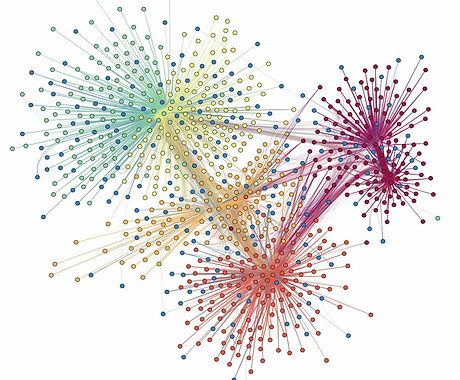PROJECTS
Check out our projects!
BRAIN-COMPUTER INTERFACE AND VIRTUAL REALITY FOR MINDFULNESS MEDITATION
2018 - 2020
In 2018 we won a prize with this research project and got funds from the Universidad Peruana de Ciencias Aplicadas (UPC).
This project is aimed to develop a software tool for the modulation of a mindfulness-based virtual reality experience using a brain-computer interface.
Therefore, in July 2018 our lab acquired a brain-computer interface (OpenBCI), which works as a 16 dry electrodes EEG system. Moreover, we acquired other sensors that will help us to develop our project.
By the end of September 2018 we presented our preliminary results at the Cell-NERF Symposium on Neurotechnologies (Leuven, Belgium).
By the end of November 2019 our algorithm was presented at the 2019 International Conference on Information Systems and Computer Science (INCISCOS) and it was published by IEEE.
The last stage is planned to be developed during 2020.
We will keep you updated!

SOCIAL SIGNALS
January - November, 2019
Multimodal pattern recognition of social signals in human-computer interaction is an exciting field within computational social sciences. The aim of this project was to design and create a sociometric digital badge which would help in the objective measurement of organizational climate. This portable device measures human-human interaction and provides key data for further social signal processing. The digital badge has functions like tracking interaction (e.g., tracking closeness between devices), time lapse of interaction and speech recognition. The digital badge was presented at 2019 International Conference on Information Systems and Computer Science (INCISCOS) and the study was published by IEEE.

EYE-TRACKING
January, 2020 - [interrupted by COVID-19 pandemic]
This eye-tracking study is focused on the effects of weight loss advertising on young women with different levels of body dissatisfaction. The study's framework is based on the algorithmic regulation paradigm. Weight loss advertising experimental stimuli were gathered based on this paradigm. At the moment, this experimental study is temporary interrupted due to the COVID-19 pandemic. However, the methodological protocol has been published in 22nd International Conference, HCII 2020, Copenhagen, Denmark, July 19–24, 2020, Proceedings, Part III.
COLABS
Started on July, 2018
CoLabs is a gamified learning network aimed to disseminate scientific knowledge through the collaborative work of students and facilitators. Right now, we are evaluating the results of the beta phase.




